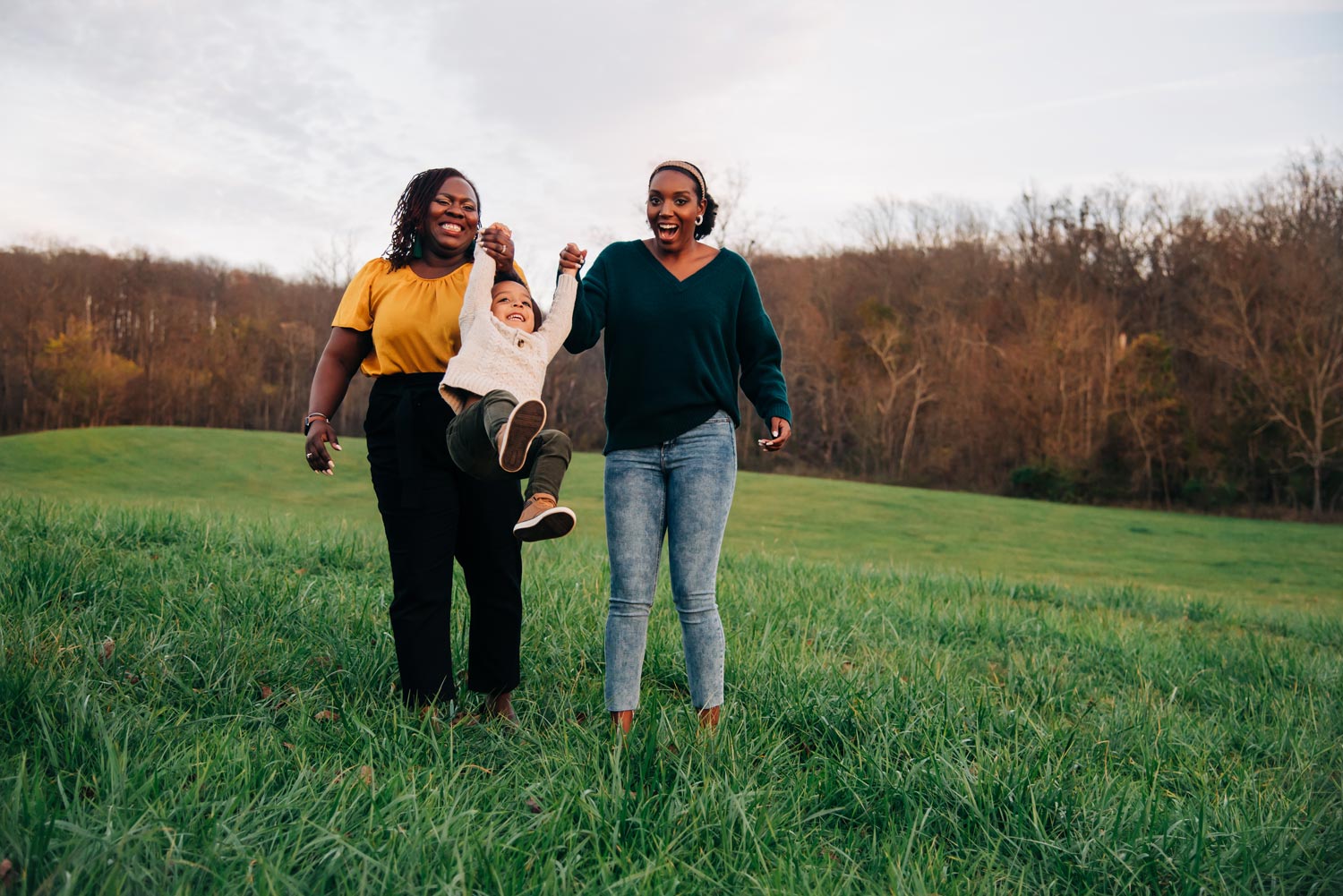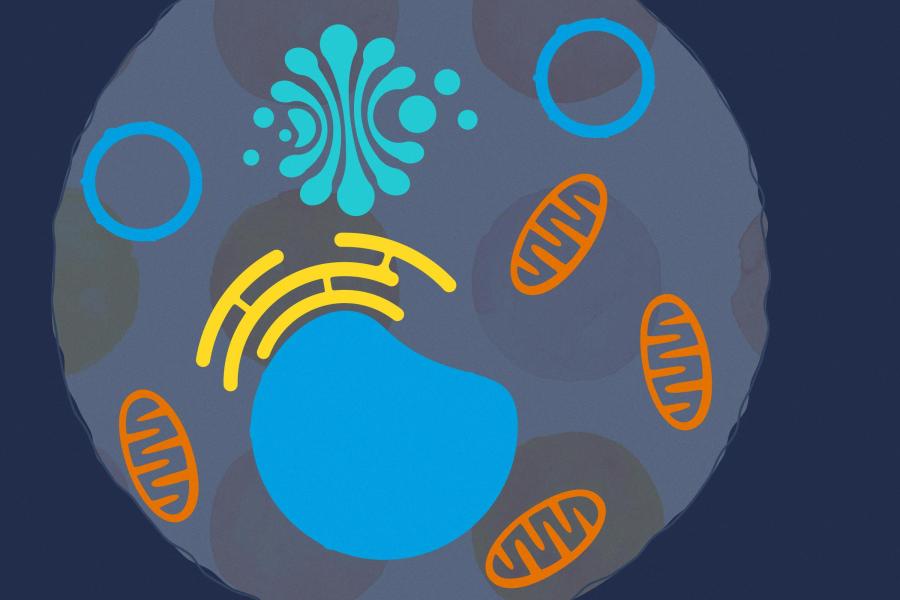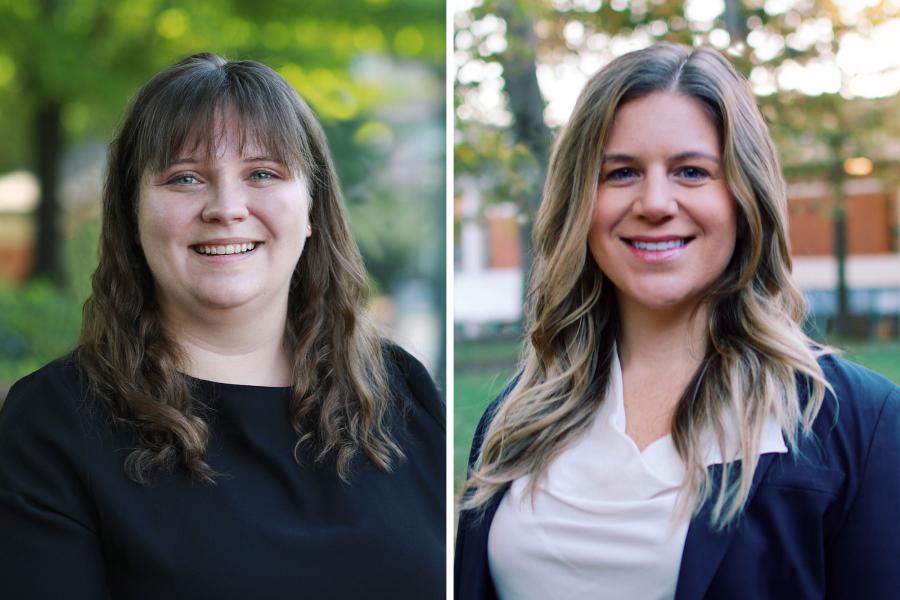Carla Hallman, who began the program a year before Ivey, had a somewhat different path to BIS. She joined the Army directly out of high school at 17 and served for several years, deploying three times to Afghanistan.
She worked in a detainee facility and served with explosive ordinances teams. She supported Special Forces teams as an intelligence analyst, and then ended up in Charlottesville while serving at the nearby National Ground Intelligence Center.
After leaving the military, Hallman was looking for a way to go back to school and finish her education while also working locally and raising her family.
“I hemmed and hawed about going to UVA full-time and not working, but that’s just not realistic for my life,” she said.
A year in to the BIS program, she said her advice for the new students is to take advantage of the courses, professors and classmates.
“When I combine what I learn with my experiences in life, it’s helpful,” she said. “For some of the things that I’ve already learned, I can see where some of this can sit in my world. I can translate it into the world of work.”
For Hernandez, seeing students succeed in BIS makes him hopeful that the program will continue to grow and broaden the idea of what a UVA student can be.
“The program is built for working adults and is accessible, affordable and achievable,” he said. “Our students come to BIS looking for greater opportunity and they fall in love all over again with learning.”
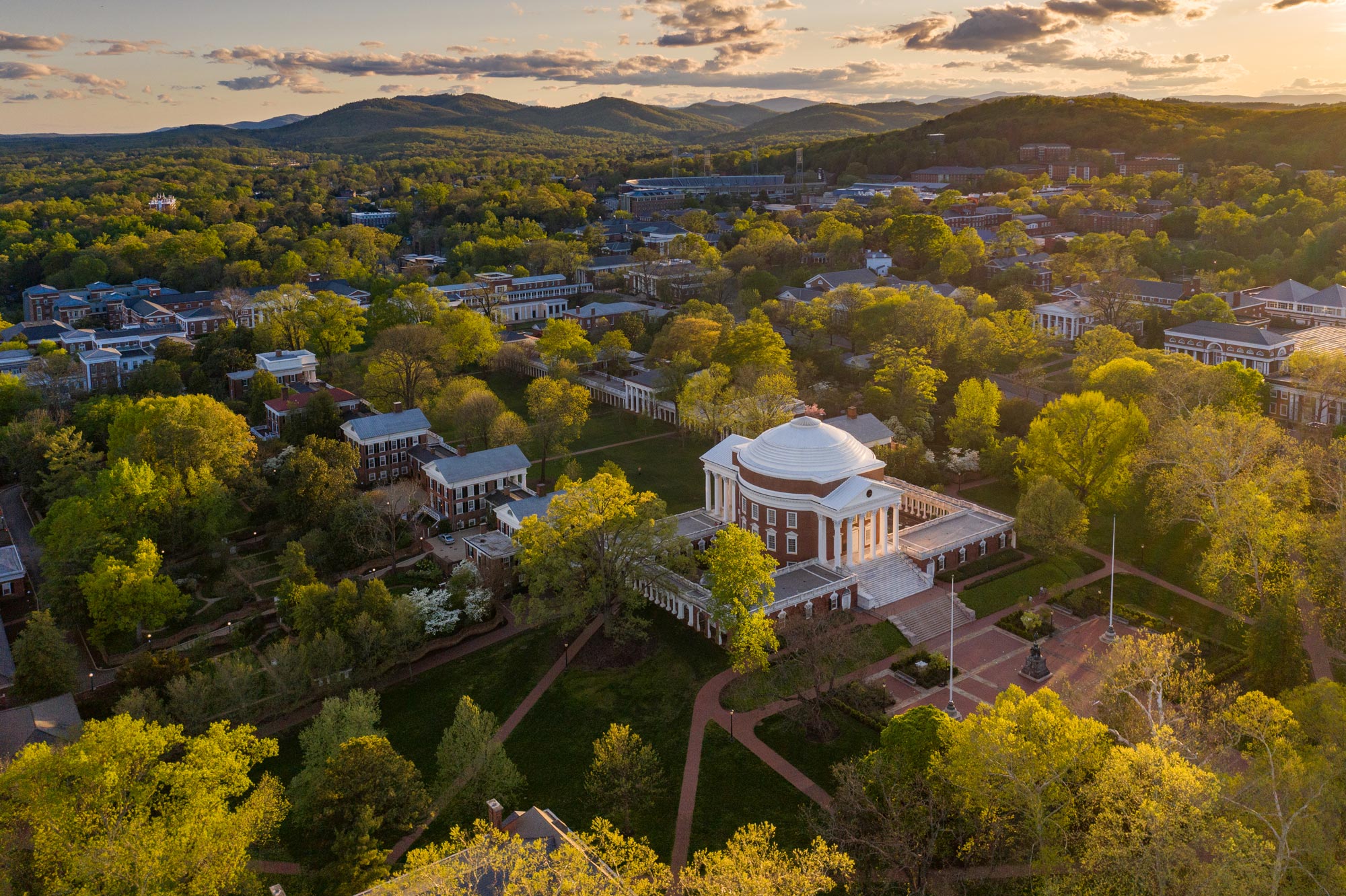

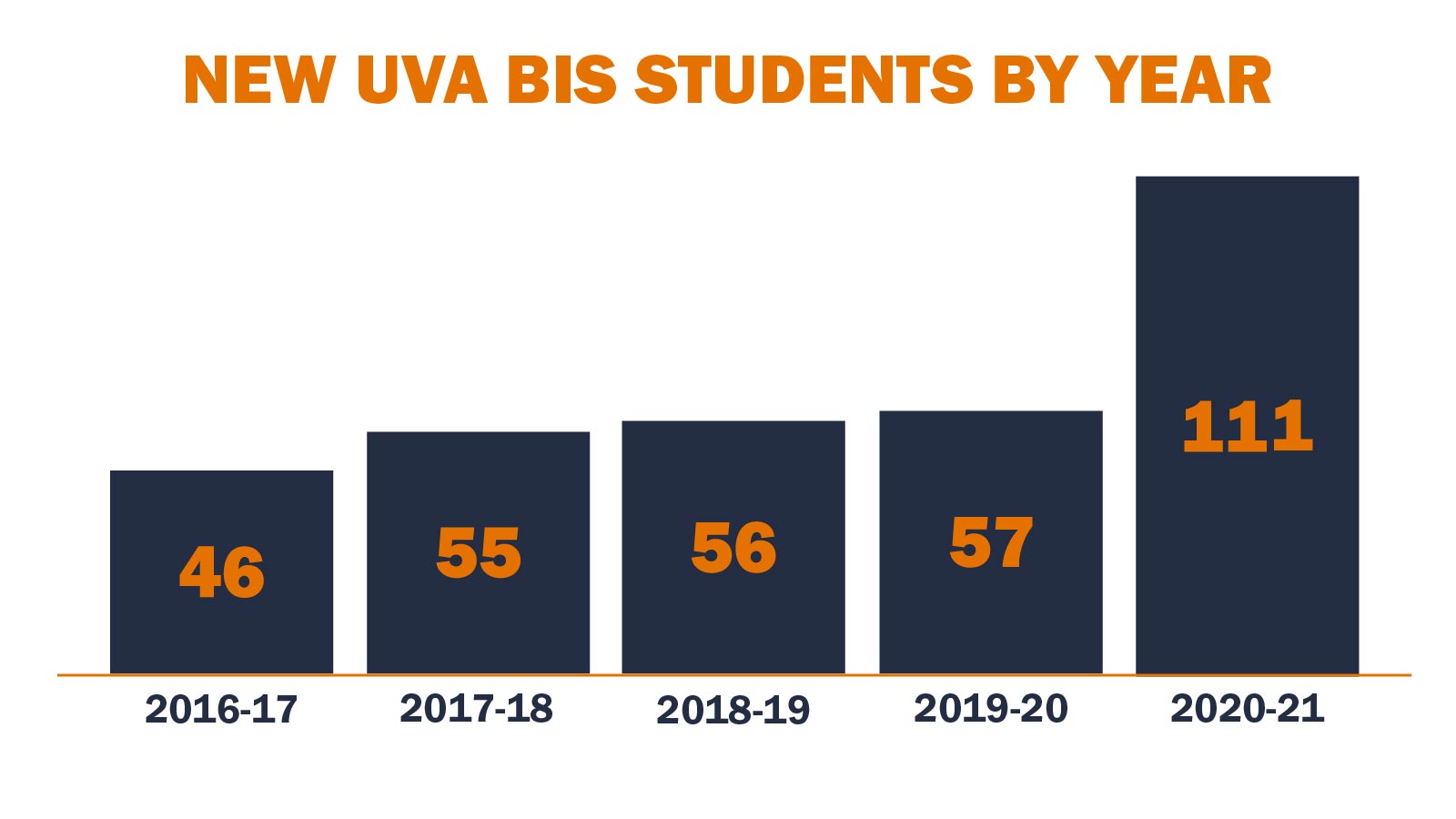
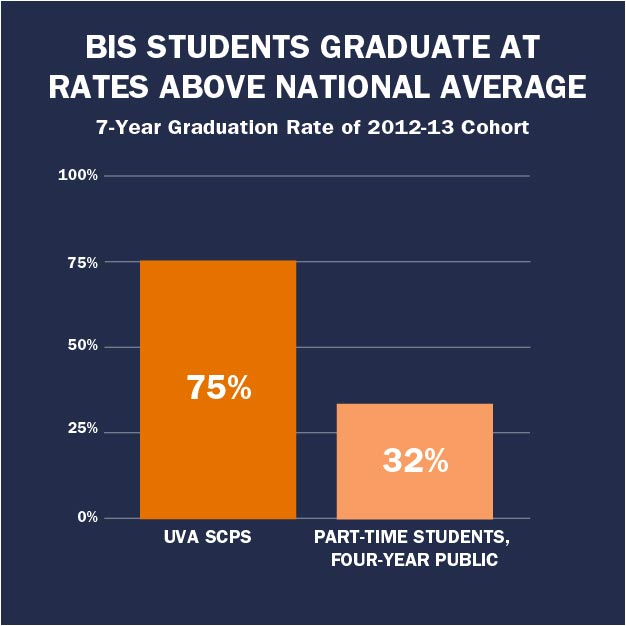
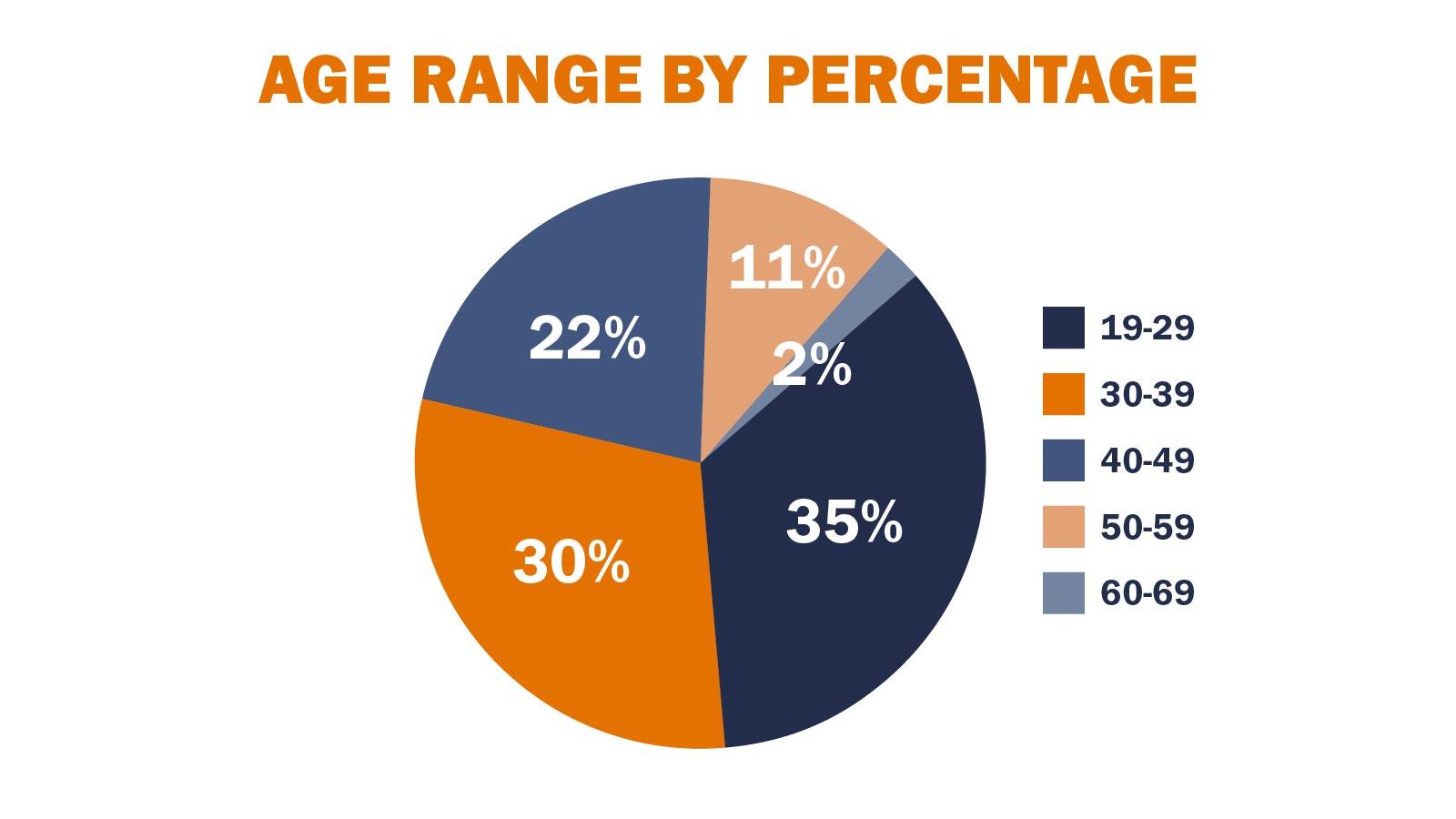

.jpg)
